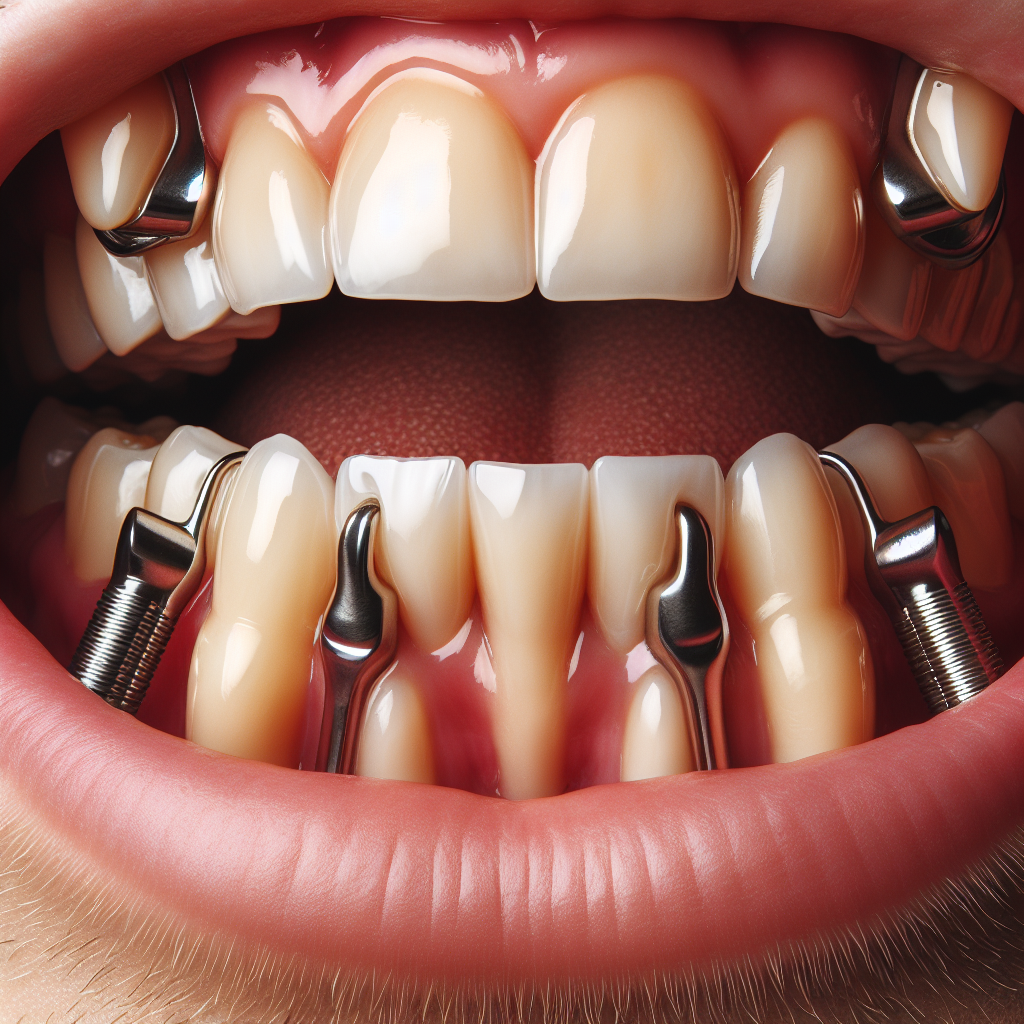Did you know that wisdom teeth, also known as third molars, typically emerge in late adolescence or early adulthood? As these teeth come in, they can create a variety of problems, including bacterial infections around the gums and surrounding teeth. This can lead to pain, swelling, and even difficulty opening the jaw. The presence of bacteria in the mouth can exacerbate these issues, making proper treatment essential.
Bacteria thrive in warm, moist environments like the mouth, especially in areas where food particles can easily get stuck. When a wisdom tooth is coming in, it can create pockets of space where bacteria can collect and cause infection. This can result in symptoms such as redness, tenderness, and pus around the affected tooth. In severe cases, the infection can spread to other parts of the body, leading to serious health complications.
To treat bacterial infections associated with emerging wisdom teeth, it is crucial to maintain good oral hygiene practices. This includes brushing and flossing regularly to remove food particles and bacteria from the affected area. Rinsing with an antimicrobial mouthwash can also help kill bacteria and reduce inflammation. In some cases, your dentist may prescribe antibiotics to help clear up the infection and prevent it from spreading.
According to the American Association of Oral and Maxillofacial Surgeons, about 85% of adults will need to have their wisdom teeth removed at some point in their lives. This is often due to complications such as bacterial infections, impaction, or overcrowding. By addressing bacterial infections early on, you can help prevent further issues and ensure the health of your teeth and gums as your wisdom teeth come in.
How to Treat Bacteria During the Emergence of a Wisdom Tooth?
When a wisdom tooth is coming in, it can create pockets in the gums where bacteria can thrive and cause infections. To prevent this, proper oral hygiene practices such as regular brushing, flossing, and using antimicrobial mouthwash are essential. In some cases, a dentist may recommend antibiotics to treat or prevent infections. It is also important to schedule regular dental check-ups to monitor the growth of the wisdom tooth and address any potential issues promptly. Let’s delve deeper into the effective ways to treat bacteria during the emergence of a wisdom tooth.
Treating Bacteria when a Wisdom Tooth is Coming In
When a wisdom tooth is coming in, it can create the perfect environment for bacteria to thrive. This can lead to various issues such as infection, inflammation, and pain. It is important to take steps to treat the bacteria to prevent further problems.
Maintain Good Oral Hygiene
One of the most important steps in treating bacteria when a wisdom tooth is coming in is to maintain good oral hygiene. This includes brushing your teeth at least twice a day, flossing regularly, and using an antiseptic mouthwash to help kill bacteria.
Rinse with Salt Water
Rinsing your mouth with salt water can help reduce bacteria and inflammation around the wisdom tooth. Mix a teaspoon of salt in a glass of warm water and swish it around your mouth for about 30 seconds before spitting it out.
Use Antibacterial Mouthwash
Antibacterial mouthwash can help kill the bacteria around the wisdom tooth and reduce the risk of infection. Look for a mouthwash that contains ingredients like chlorhexidine or cetylpyridinium chloride for maximum effectiveness.
Avoid Sugary Foods and Drinks
Sugary foods and drinks can fuel the growth of bacteria in your mouth, leading to more problems with your wisdom tooth. Try to avoid these types of foods and opt for healthier options like fruits, vegetables, and water.
Visit Your Dentist
If you are experiencing severe pain, swelling, or signs of infection around your wisdom tooth, it is important to visit your dentist. They can assess the situation and may prescribe antibiotics to help treat the bacteria.
Statistical Evidence
According to a study published in the Journal of Oral and Maxillofacial Surgery, 65% of patients with impacted wisdom teeth develop infections due to bacterial growth. It is crucial to treat the bacteria promptly to prevent further complications.
Conclusion
In conclusion, treating bacteria when a wisdom tooth is coming in is crucial to prevent infections and complications. It is important to maintain good oral hygiene by brushing and flossing regularly, using antimicrobial mouthwash, and visiting your dentist for regular check-ups. In case of inflammation or infection, over-the-counter pain relievers and antibiotics may be prescribed by a dentist to alleviate symptoms and combat bacteria. Furthermore, warm saltwater rinses can help reduce inflammation and promote healing around the wisdom tooth area. Overall, early intervention and proper management of bacteria are key to ensuring a smooth and comfortable process as your wisdom tooth emerges.
Remember that each individual may have unique needs, so it is essential to consult with a dental professional for personalized advice and treatment. By following these recommendations and staying on top of your oral health, you can effectively address bacteria when a wisdom tooth is coming in and protect your overall well-being. Taking proactive measures now can help prevent future complications and maintain a healthy smile for years to come.

